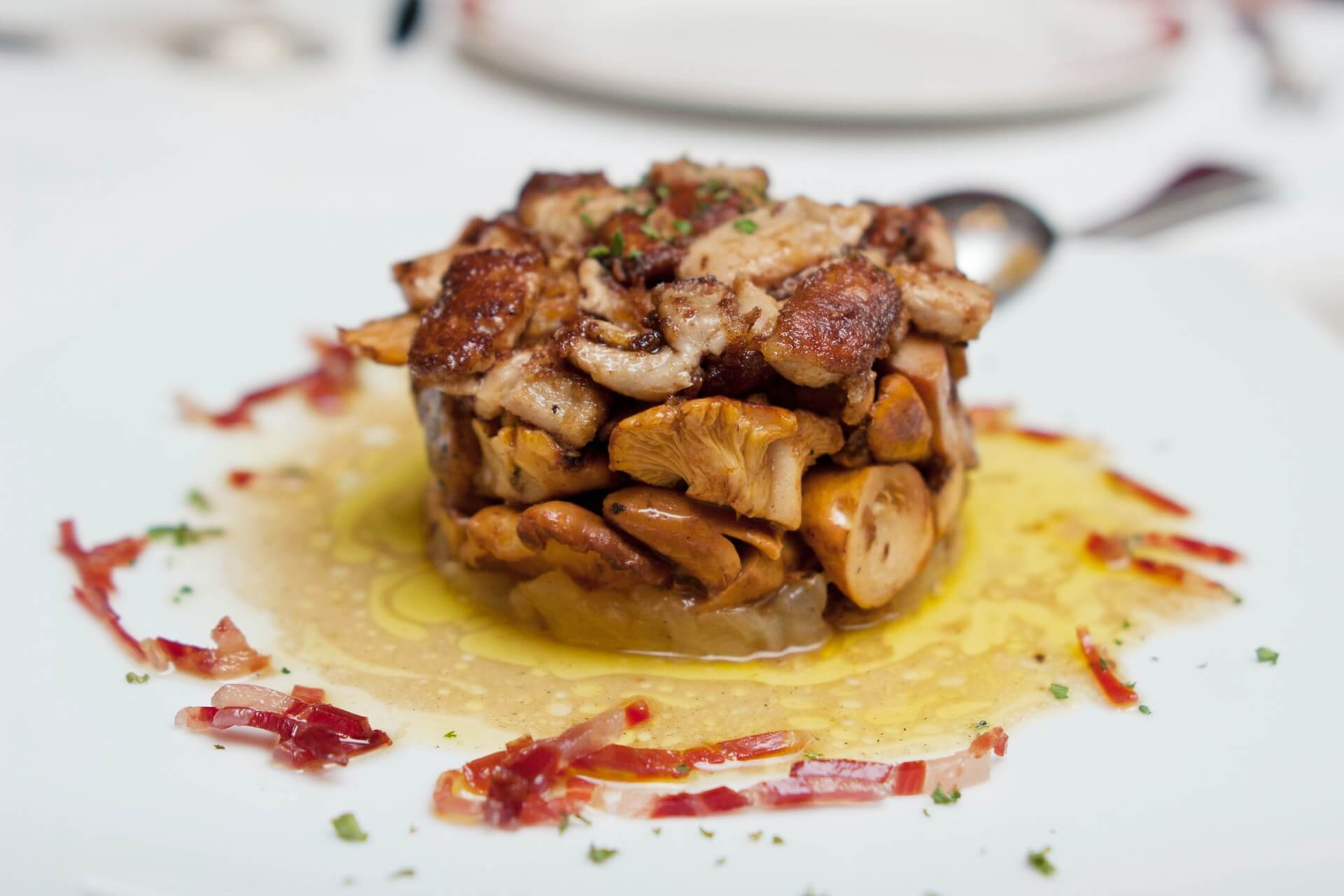Hotel Management Makes 2024 Culinary Predictions
by David Klemt

Two weeks before we rang in 2024, Hotel Management revealed a handful of compelling culinary predictions for the new year.
Of course, time will tell if these are accurate. After all, it’s just January 5. Still, they’re all worth a look.
One in particular stands out from the rest, at least for me. You’ll find that prediction at the bottom of this article.
Alright—let’s dive in!
Streamlining Menus
Perhaps it’s a validation of the paradox of choice. Maybe it’s that people are overwhelmed and want to make less decisions.
Either way, Hotel Management thinks operators will offer fewer choices to improve the guest experience.
That may sound nonsensical to some operators. Shrinking the menu to enhance a person’s enjoyment?
However, there’s more nuance than simply eliminating items. Indeed, Hotel Management points to focusing on local, seasonal ingredients to create curated menus.
Further, a smaller menu allows the kitchen team to innovate, develop their skills, and truly build impressive dishes.
There’s also, of course, the benefit of lowered costs. This is particularly true for operators who embrace the art of the cross-utilization of ingredients.
Don’t Hassle Me, I’m Local
Sourcing and highlighting local ingredients is mainstream at this point. At least in my opinion, it has gone from fad to trend and become a staple of successful operation.
That doesn’t make it any less important, of course. In fact, it appears more important than ever.
Guests want to connect with the restaurants and bars they visit. One effective method of making this connection is to offer a true taste of location.
Utilizing local ingredients—even better if they’re unique to the area—also supports the community. Fostering connections with guests, producers and other small businesses is a win-win-win.
Shroom, Shroom
It makes sense that when some people read or hear the phrase “plant-based” they think of Impossible or Beyond.
However, plant-based dishes and menus just consist primarily of vegetables, whole grains, legumes, nuts, seeds, fruits, or fungi.
It’s that last one that Hotel Management thinks will have a moment in 2024.
Among the reasons for this prediction? Mushrooms absorb flavors easily, impart umami, and are versatile.
Oh, and a fun bit of trivia: While often categorized as vegetables, mushrooms are considered neither plant- or animal-based; they’re a type of fungus.
One brand embracing the culinary magic of mushrooms is Meati. I expect these products to become as well-known as Impossible, Beyond, Gardein, and Morningstar Farms.
This is the One
So, this is the prediction that jumped out at me: seacuterie.
As the name suggests, it’s charcuterie but with seafood. Simply put, you salt, smoke, and cure seafood, then present it as you would charcuterie.
Hotel Management provides three interesting examples of seacuterie that will likely grab your guests’ attention:
- pastrami-style tuna loin;
- octopus salami; and
- swordfish ham.
I know that if I saw at least the salami and ham, I’d raise an eyebrow.
Now, it’s all well and good to identify seacuterie as a menu item with potential to grow in 2024. But what if you’re not sure where to start with it? Well, I dug into it to learn more and provide you with a real-world example.
Chef Aaron Black, chef de cuisine at PB Catch Seafood + Bar in Palm Beach, Florida, is a seacuterie pioneer. And it just so happens that PB Catch provides guests the opportunity to build their own seacuterie boards.
Guests can choose three seacuterie items for $24 and six for $45, with the option to add an additional item for $8. Selections include salmon pastrami, octopus torchon, and mero bass jerky.
If it fits with your concept, seacuterie should re-energize your regulars and tempt new guests to check out your restaurant.
Image: jevgeni mironov on Unsplash


